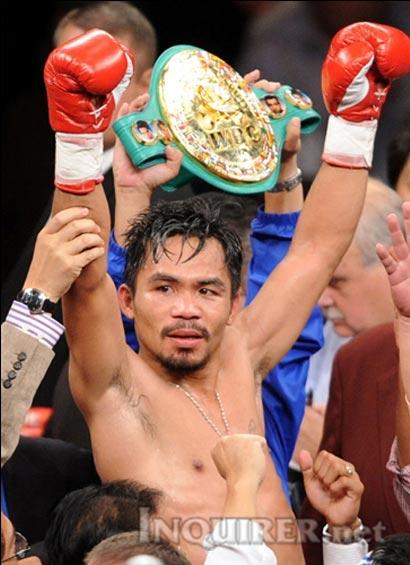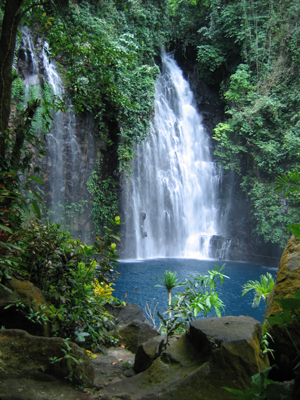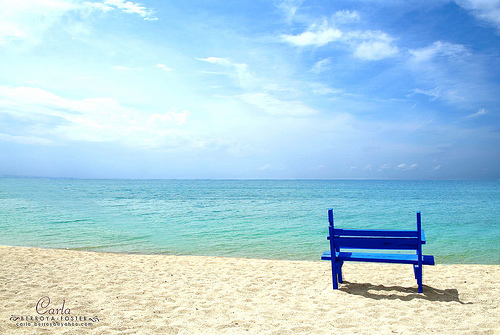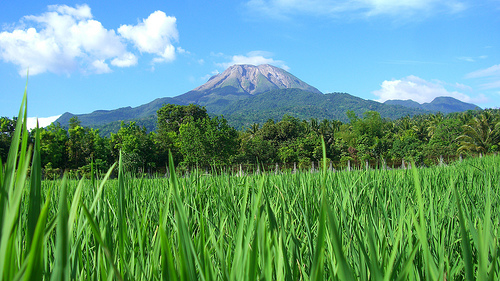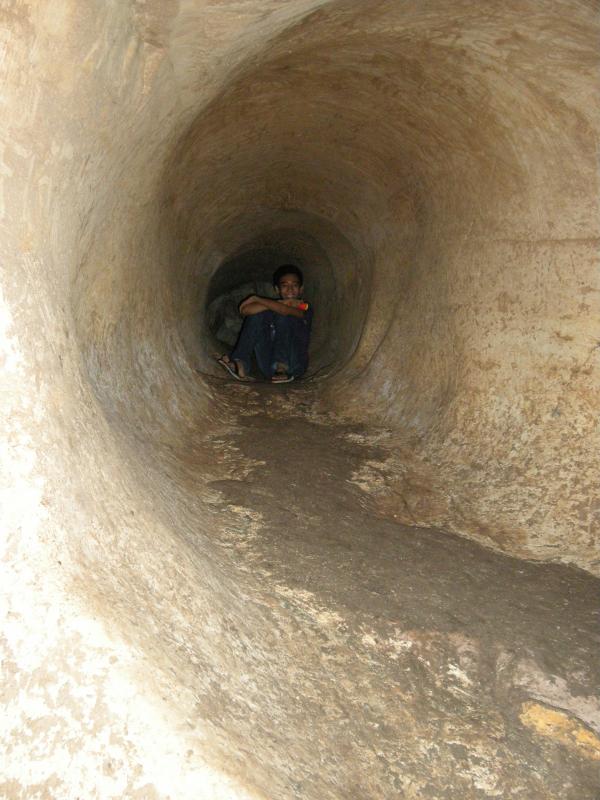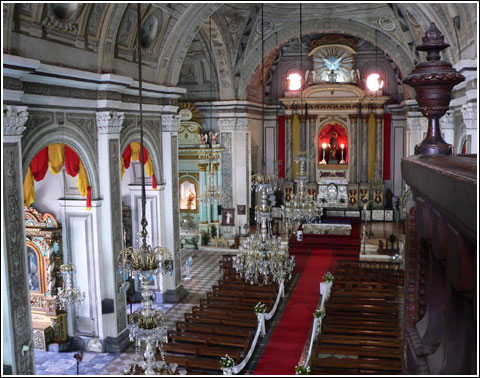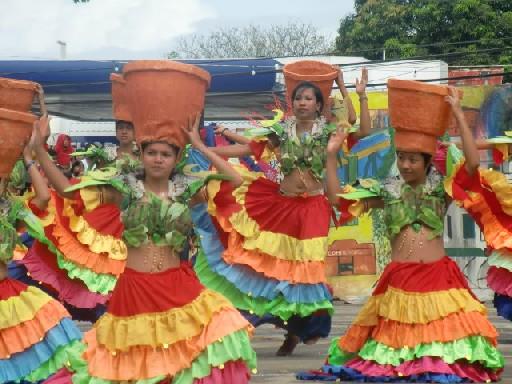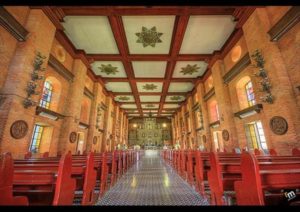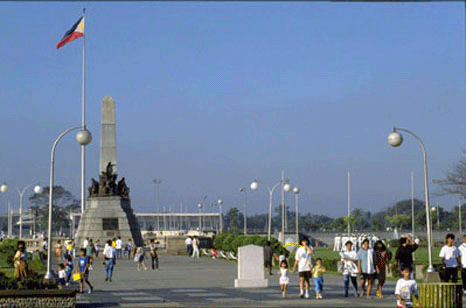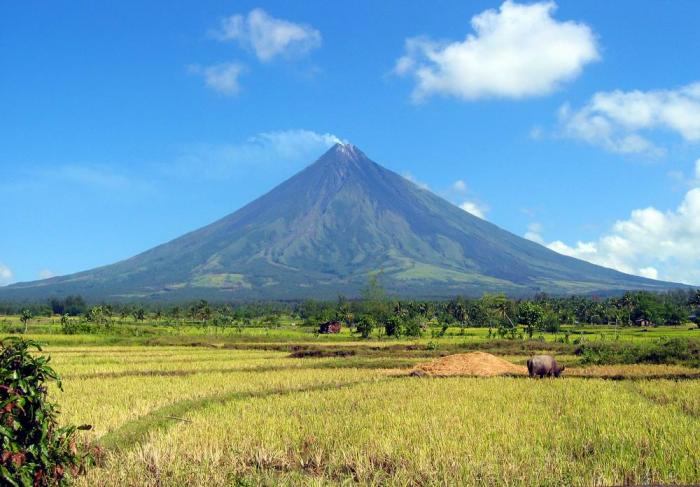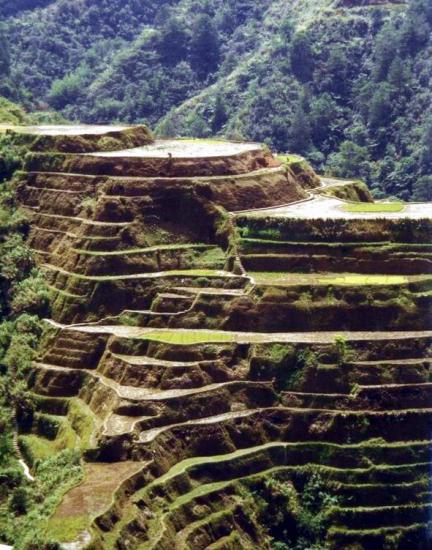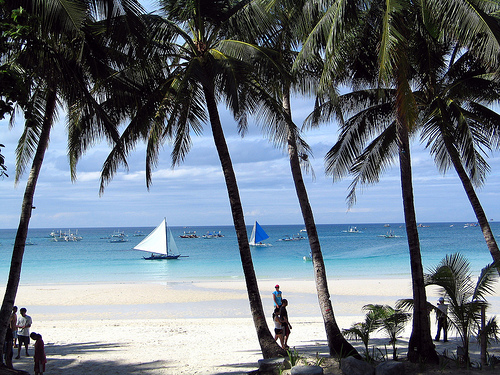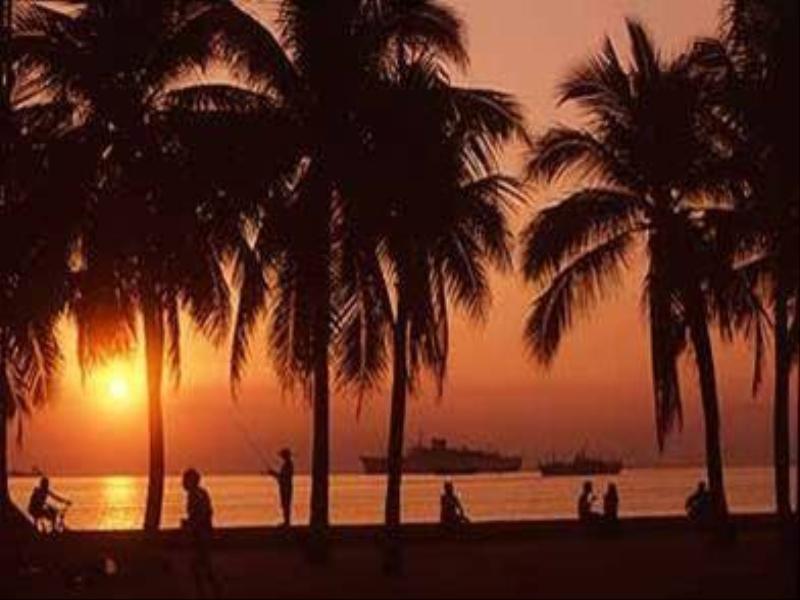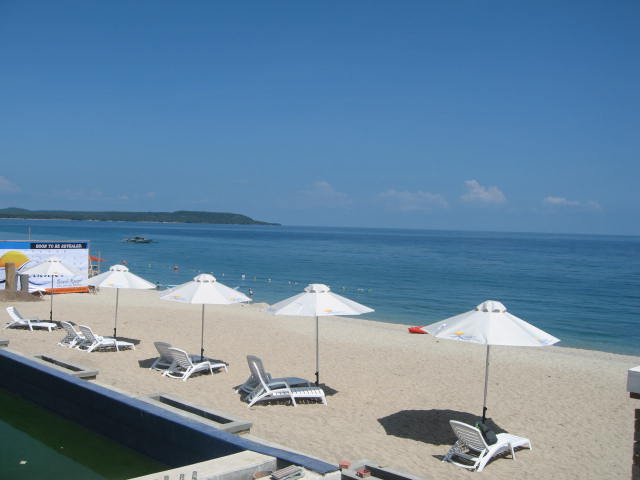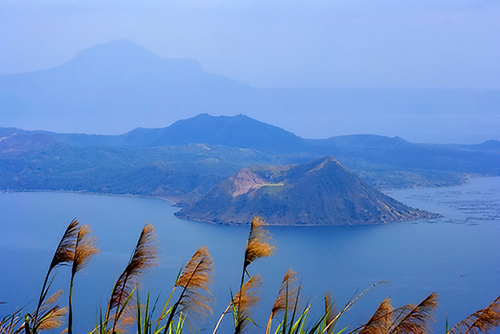BOAC CATHEDRAL
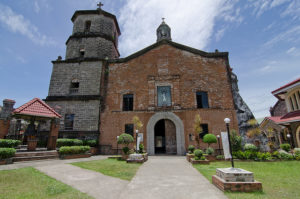 Photo from: https://www.flickr.com/photos/bunadski/8182007585/
Photo from: https://www.flickr.com/photos/bunadski/8182007585/
Fray Estevan Ortiz, a Franciscan missionary planted the first cross on Marinduque island in 1579. A year later, the first visita, Monserrat de Marinduque (now Boac), was established with Fray Alonzo Banol as its minister.
In 1613 the Franciscans ceded the administration of the island to the Archbishop of Manila, Miguel Garcia Serrano who then entrusted the island to the Society of Jesus. The Jesuits assumed the spiritual administration of the island in 1621.
By 1756 the church was laid out facing east with its rear overlooking the lower town, called labak by the natives. It was to be an enduring structure for worship and for serving as a refuge for the townspeople during piratical attacks rampant in in that era. Read More: http://marinduquegov.blogspot.com/2011/09/historic-boac-cathedral-cathedral-of.html
Boac Cathedral is just right across the Boac Hotel where we had an amazing dinner courtesy of owner, Carmelita Rejano-Reyes [will feature a separate post for my food adventure]. During our ocular at Boac Cathedral, there was an on going wedding but that didn’t stop us from taking photos of the majestical details surrounding the church. It was an eyesight to behold. Another reason to visit Boac Cathedral is the patron saint of Marinduque– Ina ng Biglang Awa. Our tour guide, Mr. Tony Monteras said that: Marinduqueños believe that they were spared from the Supertyphoon “Yolanda”, as it was supposed to pass by the island. Read More: https://adventuresofaladyexplorer.wordpress.com/2014/01/27/travel-destination-captivating-marinduque/
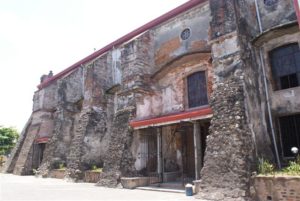 Photo from: http://missailema.blogspot.com/2011/04/boac-marinduque-trip-day-3.html
Photo from: http://missailema.blogspot.com/2011/04/boac-marinduque-trip-day-3.html
Trying to squeeze my time’s worth in the province of Marinduque, I quickly searched Google Maps for the towering structure I saw on my jeepney ride from the Port of Buenavista to the main town of Boac. I assumed that it would be the town cathedral, and indeed it was. After witnessing parts of the Moriones Festival, I asked for directions from the locals I passed along the road and I eventually made it to the church’s fortified walls.
The church, it seemed, was once a fortress during the Spanish era. This was quite evident on the rough stone walls surrounding the church yard, and its location, which was on the highest part of town, aptly named Barangay Mataas.
According to the National Historical Institute marker set on its walls, the cathedral was built in 1792. It became a haven for the locals during a Moro attack in the 1800’s and was the place where the Philippine Revolutionary flag was blessed in 1899. Read More: http://www.lakadpilipinas.com/2011/07/marinduque-boac-cathedral.html
Other Photos
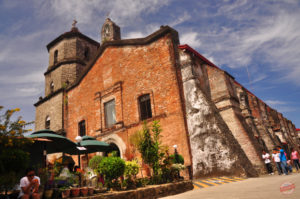 Photo from: https://lakwatserongsulit.wordpress.com/2014/06/10/marinduque-series-day-2-moriones-festival/
Photo from: https://lakwatserongsulit.wordpress.com/2014/06/10/marinduque-series-day-2-moriones-festival/
 Photo from: http://missailema.blogspot.com/2011/04/boac-marinduque-trip-day-3.html
Photo from: http://missailema.blogspot.com/2011/04/boac-marinduque-trip-day-3.html
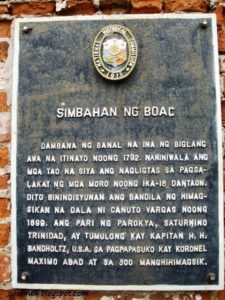 Photo from: http://www.traveloutcrop.com/2009/04/boacchurch.html
Photo from: http://www.traveloutcrop.com/2009/04/boacchurch.html
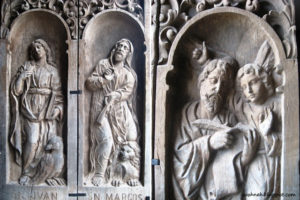 Photo from: http://www.traveloutcrop.com/2009/04/boacchurch.html
Photo from: http://www.traveloutcrop.com/2009/04/boacchurch.html
Watch the Videos
TABLE OF CONTENTS
Marinduque Island Province, Home of Moriones Festival
Where is Marinduque and How to Get There
Interesting Tourist Spots in Marinduque
Colorful Festivals in Marinduque
Other Visitors Also Viewed:
Lapay Bantigue Dance Festival Shows the Gracefulness of the Seagull
Swim in The “Amazingly Pink” Pink Beach of Northern Samar
Panhulugan Caves Inside the Sohoton National Park
Tultugan Festival – Bamboo Dance and Music
Kasag Festival in Celebration of the Blue Crabs
Porta Vega Powdery White Sand Beach Lined with Coconut Trees
Kalesayahan Festival Focuses on Decorated Horse-Drawn Carts
Inuruban Festival is a Celebration of the Town’s Favorite Foods
Cagnituan Falls and Cave – Double Experience, Twice the Fun
Bulubadiangan Island in Iloilo
